This piece is part of a series remembering the life, career, and legacy of Helmut (Hal) Sonnenfeldt — a member of the National Security Council, counselor at the Department of State, scholar at the Johns Hopkins School of Advanced International Studies (SAIS), and Brookings expert.
How I got the job: My first lesson
My experience with Hal Sonnenfeldt began in the fall of 1976, with a call from a colleague of mine in the Foreign Service. He had been working on Hal’s hand-picked staff, with significant responsibilities in the field of strategic weapons and arms control. I was working in the Political-Military Bureau’s Office of Strategic and Communist Affairs: a tiny but centrally placed part of the State Department’s support apparatus for work on all forms of arms control negotiations.
My friend had been offered what, for him, was a dream-job. To accept it, however, he would have to break his current assignment with Sonnenfeldt, whose firm condition for allowing this was finding a replacement who would measure up. Was I interested?
To say the least, the answer was “yes.” But I was at least two grades below the norm for the position, overdue for service abroad, and not a candidate blessed by the department’s all-powerful personnel system. To these concerns, my friend responded: “Go to personnel tomorrow and tell them to cut your orders for Sonnenfeldt’s office … effective in two weeks.” I did, and there were no questions or delay. It was my first lesson in the meaning of clout when linked to mission.
The person
Sonnenfeldt was a legend long before I met him: tough, respected, indefatigable, feared, an infighter, a strategic thinker, with a reputation for suffering no fools. He was reputed to have a sharp eye for talent and operated with a small, elite staff wielding unusual influence. He was a man who had taken the relatively modest office of counselor of the Department of State and turned it into a power-house.
Hal was Kissinger’s right-hand man for a vast swath of policy matters, including the one that meant the most to me: strategic arms control. He was rumored to have abruptly shipped out staff who didn’t meet his standards. As I settled into my new job, nothing in his manner suggested that his reputation was in any way exaggerated. He was intense, abrupt, with no taste for chat. To do one’s work with excellence was simply what he expected.
Mentor
In the course of my professional life, I’ve had the good fortune of working a number of times for people who were not just supervisors, but mentors. Sonnenfeldt was among the most significant of these relationships — and easily the most atypical.
His style was not avuncular. He expected that his staff would either know what was needed upon entry or would learn what was needed very shortly thereafter. Once, early in my tenure — after having produced what I thought were some really good results and hoping for reassurance — I asked him: “How am I doing?” He replied: “I hire FSO-4’s [my modest rank] to do the job of FSO-1s [ambassadorial rank]. If you take action and make a mistake, that could be excusable. But if action is needed, and you fail to take it, that would not be excusable.” Talk about a moment of revelation! Sonnenfeldt was saying that he expected me to recognize the moment to take initiative and not wait to be told what to do; that it was better, in his eyes, to seize the moment by accepting risk rather than to lose it by playing it safe. And there was no doubt in my mind that he meant it. In exchange, working for him was an opportunity not only to observe the creation and implementation of policy at high levels, but to contribute to the best of my ability.
What made the man?
Sonnenfeldt escaped from Europe in time to survive Hitler, and then to become part of the Greatest Generation that destroyed Nazi Germany, fascist Italy, and imperialist Japan. He emerged from this intent upon resisting Communist expansionism and dedicated to the ideals, interests, and security of the United States. By the time I came to work for him, Sonnenfeldt had been through the thick of Cold War crises, any one of which could have resulted in war. Where the nature of the Soviet system was concerned, he had no doubts. As to the Soviets’ objective — dominance over Europe from the Atlantic to the Urals — he was a total realist. But he also understood the consequences of nuclear war, and as one of Kissinger’s closest associates, he had been working to stop the mad cycle of unbounded competition in nuclear arms by bringing together the arts of diplomacy and the tools of science.
This required strategic vision, deep historical knowledge, and technical finesse in managing delicate relationships at the apex of power in many governments — including both allies and enemies. A master tactician not only where foreign governments were concerned, but within the executive and legislative branches of the United States — often divided into fiefdoms and principalities, with each maneuvering against the other for mission, policy influence, and budget share. Every one of these activities was, for the most part, a specialization in and of itself and the focus of distinguished careers. For Sonnenfeldt, however, what mattered was the integration of these skills to form what he called statecraft: the composite of knowledge, expertise, and character needed to focus on the circumstances and requirements of the United States at the strategic level. Statecraft meant consciousness of the whole — including not just an intensely informed awareness of things as they were, but a visionary sense of how things might be, and of how to cover the distance between intent and reality.
The other side of the relationship: “Hal”
A national election brought Sonnenfeldt’s time in government to an end. He moved on to many years of productive work outside of government, and I moved on to other paths — one of which brought me to the White House for eight years as national security advisor to Vice President Al Gore. From time to time, my phone would ring and it would be Sonnenfeldt. He didn’t often agree with the policies of the administration that I served, but he respected its efforts and, by extension, my role in them. It wasn’t exactly praise, but it was validation, an invitation to discuss fundamental issues with my former mentor, who was then to be addressed comfortably as “Hal.”
Looking back, what were the most important lessons? The importance of human nature in the practice of statecraft; the need for imagination; the need to subject imagination to the test of factual verification; the need to understand events as complex interactions among seemingly disparate forces; the need to not let options for the future be circumscribed by the accepted wisdom of the day; the need to cultivate trust and candor among one’s associates and the nation’s allies; the need to be able to understand the nation’s enemies, the better to deal with them; the need to have the courage of one’s convictions; and above all, the need for creative, but carefully developed, thinking about the future in relation to the imperatives of the national security of the United States in its role as leader within a community of free nations.
The Brookings Institution is committed to quality, independence, and impact.
We are supported by a diverse array of funders. In line with our values and policies, each Brookings publication represents the sole views of its author(s).


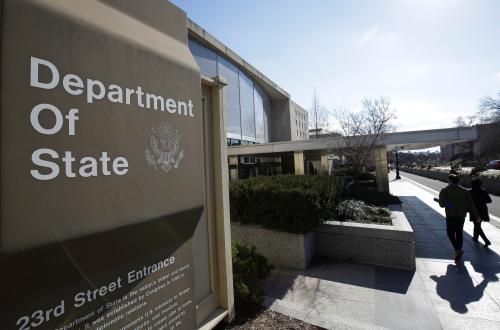
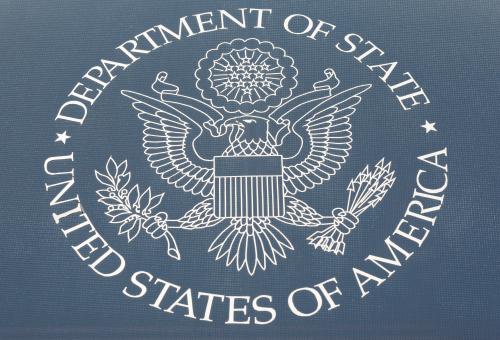

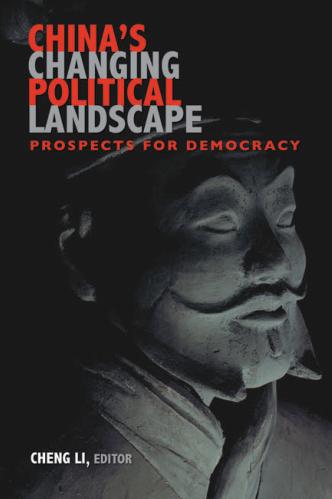
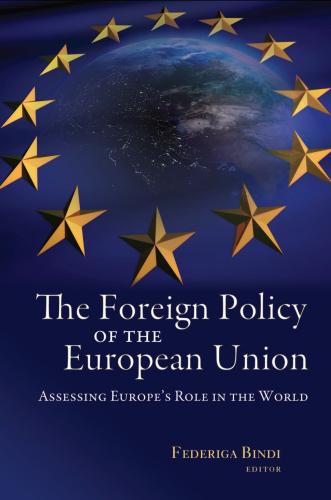
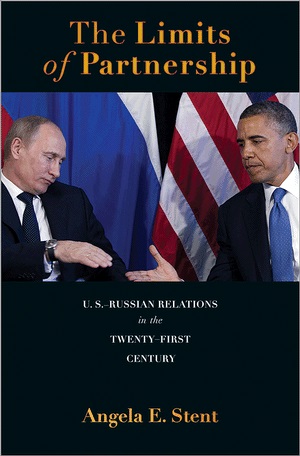



Commentary
Apprentice to a statesman: Working for Hal Sonnenfeldt
October 17, 2019